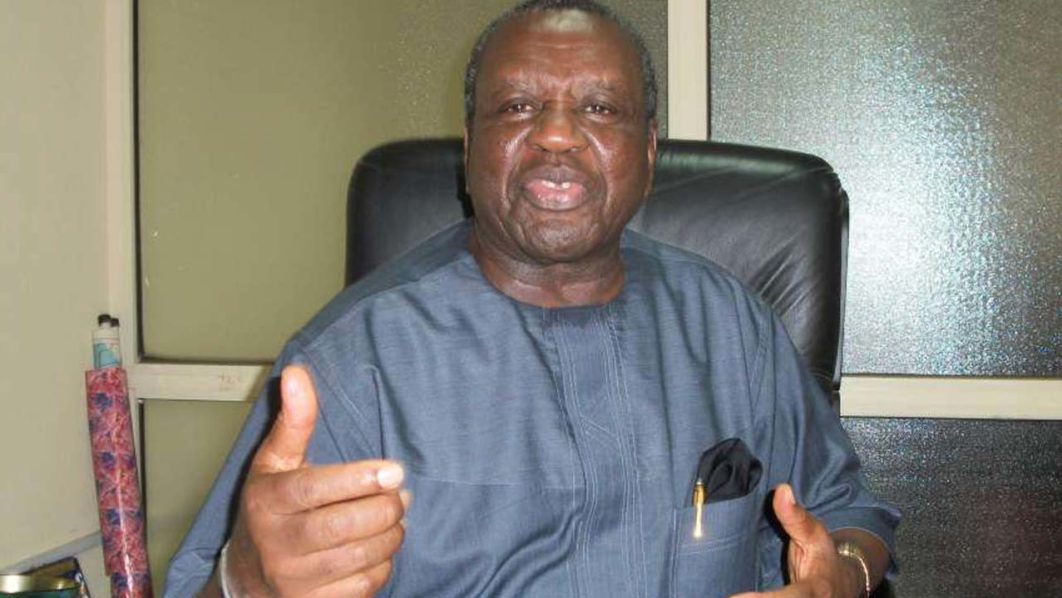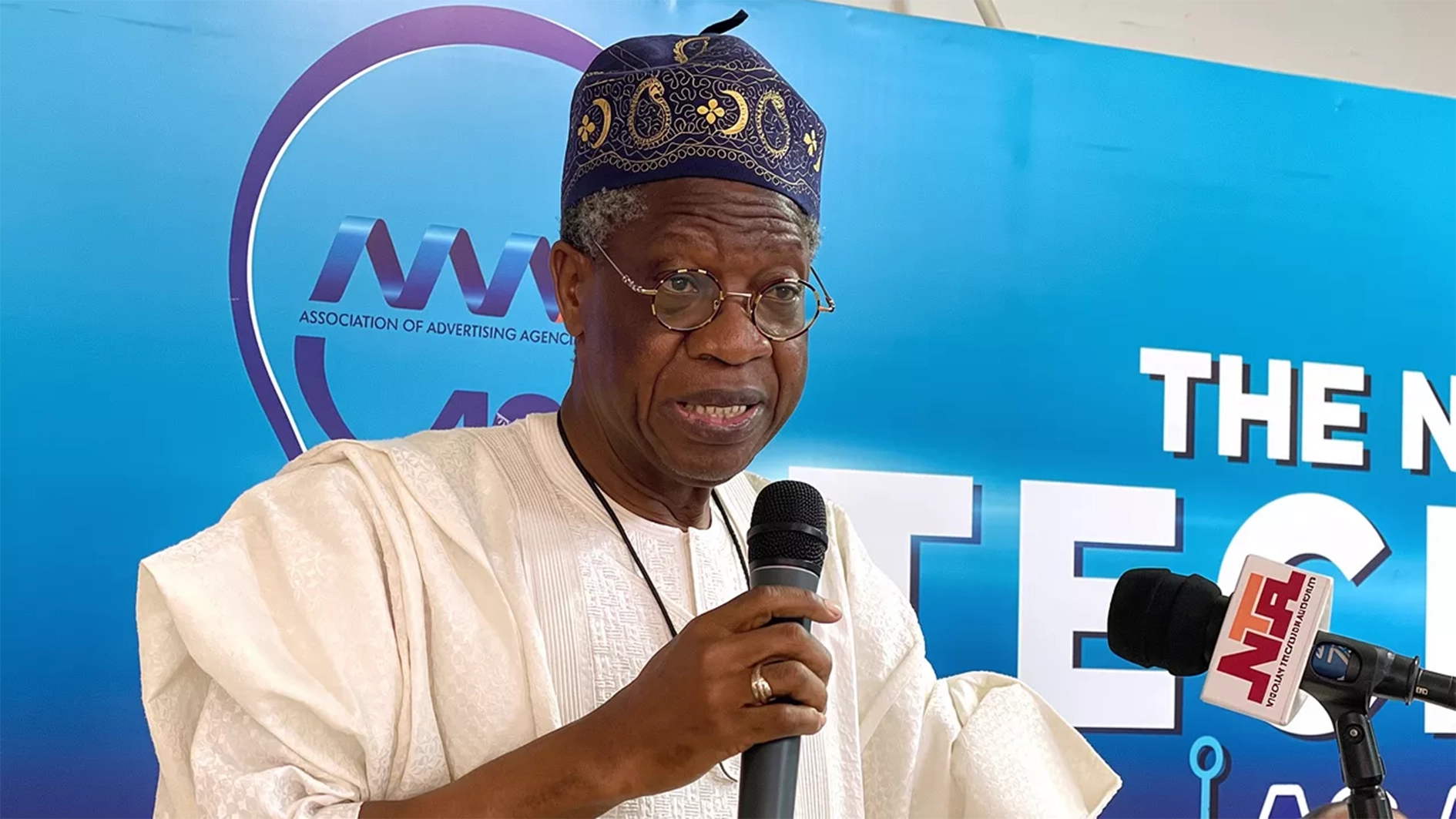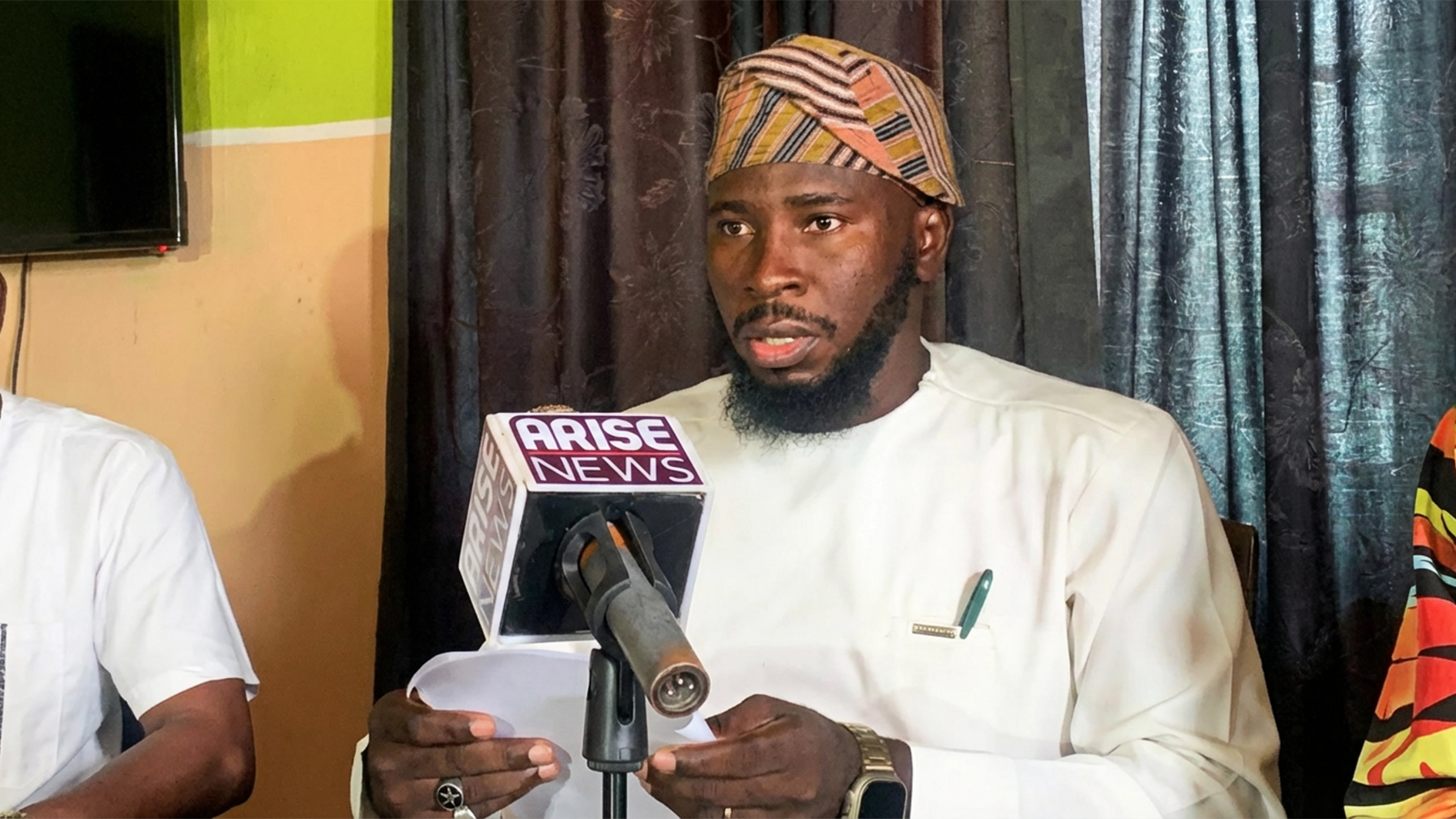
Former governor of Akwa Ibom State, Obong Victor Attah, in this interview with AYOYINKA JEGEDE, spoke on how Nigeria deviated from the path of socio-economic prosperity to current challenges threatening its survival. He advocated a rebirth through a new constitution that will honour and respect agreements of the founding fathers.
The path to socio-economic development is still rough 64 years after Nigeria attained independence. Was this path intended or where did we get it wrong?
We started very well by taking the right and promising steps, but along the way, we derailed. I have heard many blaming our woes on the amalgamation of the South and North. Though we were amalgamated by external forces at independence, we agreed and signed to live together under certain terms and conditions. Therefore, people should stop citing amalgamation as the reason for our current state, as we have come to realise its benefits.
Amalgamation gave us a large country, immense power and potential. It earns us respect globally. We agreed to stay together as Nigeria, governed by the terms and conditions outlined in our 1960 Constitution, which we have since abandoned. That’s where our problems began. We must be honest enough to face reality.
What are these terms and conditions?
I would like to introduce a word into our political lexicon: ‘Epistocracy’. An ‘epistocratic’ system of government allows people to essentially govern themselves. When discussing sovereignty, it’s essential to remember that it belongs to the people, but it’s often seized by those who should be their representatives. This has led to undemocratic and unacceptable governance, where politicians prioritise their interests over the people’s interest. Recently, a national daily quoted someone saying that, “The people who begged us for tickets are now fighting us.” This raises questions: Who are these ‘us’? Why should anyone beg for a ticket when they are supposed to represent the people, not special interests?
Politicians should be begging the people for the opportunity to represent them, not the other way around. It’s unfortunate that internal democracy has been compromised. This downward spiral began with the concept of consensus, where a select few congregated to impose their will, exploiting their influence and authority. This has led to a culture where certain individuals wield disproportionate power, making it challenging for others to dissent. Consequently, this clique consistently gets its way.
The consensus approach has become the norm in Nigerian politics, creating an elite group that aspirants must appease to secure party tickets. Each party now has a self-appointed gatekeeper, deciding who to endorse. This has sparked conflicts between godfathers and their protégés, exemplifying the ‘boy-boy’ syndrome. The crux of the issue lies in the fact that those entrusted with the people’s mandate are not truly representing their interests.
The nomination process is flawed, and the electoral process is equally problematic, rendering the people powerless in choosing their representatives. This situation underscores the need for a more inclusive and democratic system, where people’s sovereignty is genuinely respected. By addressing these underlying issues, Nigeria can move towards a more equitable and representative political landscape. All the wrong things happening today result from our complete deviation from the agreed terms and conditions for staying together, clearly outlined in our 1960 and 1963 constitutions.
The current 1999 Constitution (as amended) is a complete forgery and should just be thrown away. I will give you some of my reasons for saying so. For example, a decree was passed by the military, to which was attached an addendum referred to as, “The Nigerian Constitution.” That is what the decree says, emphasising the fact that this was given to us by the military.
However, the addendum itself says something completely different: “We the people of Nigeria, having agreed to live together, etc., do hereby give ourselves this constitution.” Is that not a contradiction? Is that not, in fact, a forgery? That’s enough to throw out the present Constitution because it’s a complete forgery. It’s not the people of Nigeria who gave it to themselves.
The Constitution goes on to say, in a certain section that Nigeria shall consist of a stated number of states and a Federal Capital Territory, meaning those are the units that will form the federation. However, the same Constitution also says Nigeria shall consist of so many Local Governments Area (LGAs), which are named in the Constitution, implying those are also the units that form the federation.
What a conflict! What confusion! Is it the states that are the federating units, or LGAs? But we know that in any federation, such as ours, it is only the states that are regarded as the federating units. There is so much wrong with the present Nigerian Constitution, and the only thing to do is to throw it away. It’s clear that both the Constitution and the governance system are flawed and must be changed. People must have the opportunity to sit down and define the terms and conditions under which they want to continue to live together. This must happen for Nigeria to have any chance of surviving. Nigeria must survive, given its tremendous advantages, such as its size.
Go to America, what does America really need from anyone? It’s almost totally self-sufficient, just like Russia, Canada, and China. Nigeria, too, can achieve this level of self-sufficiency and prosperity if its foundation is rebuilt on the right principles.
There’s a video shot nearly 60 years ago in Northern Nigeria that showcases a factory producing thousands of shoes annually using rubber from the West. This exemplifies the beauty and advantage of size and cooperation that I’m emphasising. One of the benefits of having a large country is cooperation – where individuals bring their resources together to develop and grow. The advantages of being a big country are numerous, and anyone denying this isn’t being honest.
While some believe breaking up is an easy solution, there’s no simple way out. We must come together to address our current issues. We need a system that allows people to freely choose their leaders, ensuring accountable operators and hopefully eliminating poor leadership. By working together and leveraging our resources, we can unlock our full potential. Effective leadership and cooperation can foster unity, economic growth, and development. We must sit down and correct what’s going wrong today.
What’s the way out?
It is the system and the Constitution that are bad and must be changed. We must return to a situation of true federalism, full resource control, adequate security, both local and national. All these must be in place before we can hope to move forward. Above all, we must reinstate and re-emphasise productivity and stop the idiotic system of sharing revenue from one source. We must not think that the minorities are stupid. We must discontinue polluting their lands and waterways, likewise the air with gas flaring, causing acid rain, which devastates their farmlands and causes all kinds of havoc. For all the years that we have been drilling this oil, the volume of annual production has not increased, and yet our population is almost double what it was from the time we started exploitation. Yet, we think that oil alone will continue to support this increased population.
We have foolishly abandoned everything else like livestock, cocoa, palm produce, textiles, and groundnuts. I remember that ex-Governor Audu Bako in Kano State initiated irrigation farming and produced in large quantities, even for export, such crops as onions, lettuce, sweet potatoes, and carrots, but today, they are not there anymore. We don’t even have enough to feed ourselves locally because, due to insecurity, people cannot go to farm.
I read where General T. Y. Danjuma said the other day that our Service Chiefs have the ability and the means to stop these bandits. This banditry and kidnapping must be stopped. And Professor Jega’s committee has just submitted a report about ranching. Much as I agree that an abrupt change is not feasible, there is no denying the fact that outdated ways of doing things must be replaced. We cannot ignore the fact that one of the oldest and largest ranches in Nigeria is in Obudu, Cross River State, and there is nothing wrong with ranches so long as they remain ranches and do not constitute hideouts for bandits.
Some people argue that there is no unity in our diversity, claiming that the amalgamation was a forced marriage. What are your thoughts on this?
I have addressed this issue sufficiently in the past. Let me reiterate that there’s no such thing as a forced marriage. Even in the past when parents choose spouses for their children, could it truly be called a forced marriage? Our own union wasn’t a forced marriage, as we had the choice to accept or decline, but we opted to stay together due to the perceived advantages at the time. I agree that we still lack a sense of common nationhood. Today, we have a country that transcends mere geography. What we need now is to forge a nation by establishing and adhering to a clear set of shared values.
You mentioned different industries in the past, why are they not working now?
They are no more because we abandoned productivity for sharing. There was oil money to share, hence we didn’t see the need to ensure these industries function. We thought oil alone could feed us, and that’s the sad mistake we made.
We must go back to being productive. However, we must have the means for production and also the means to protect those who are producing. In the end, we need to throw away this Constitution and write a completely new one that makes survival and production possible. Productivity is the issue.
To achieve this, there must be an act of parliament to convene a Constituent Assembly. If there are any legislators who say no to this, they need
to be reminded that first, there must be a country bef- ore there can be a legislature.






